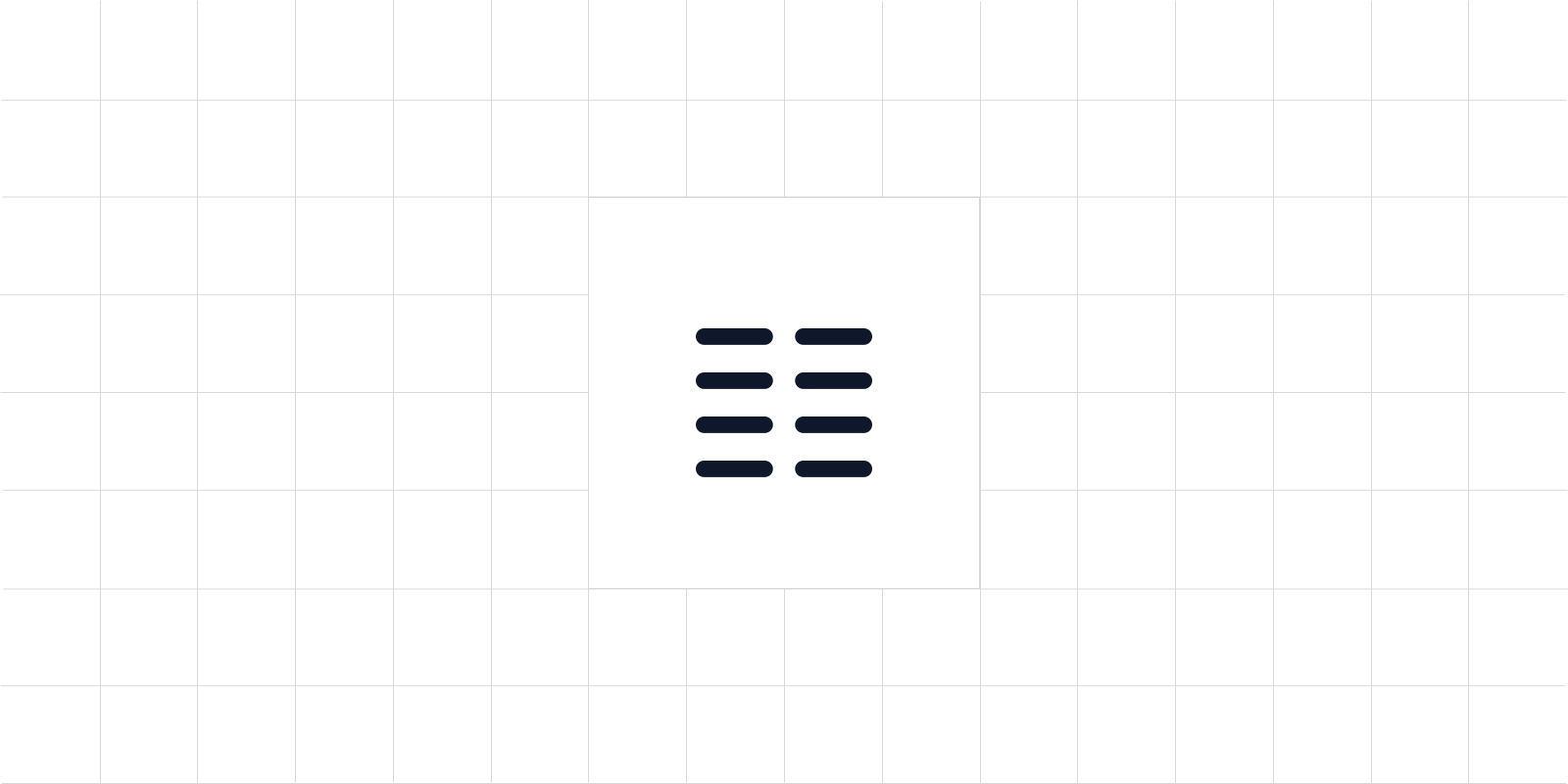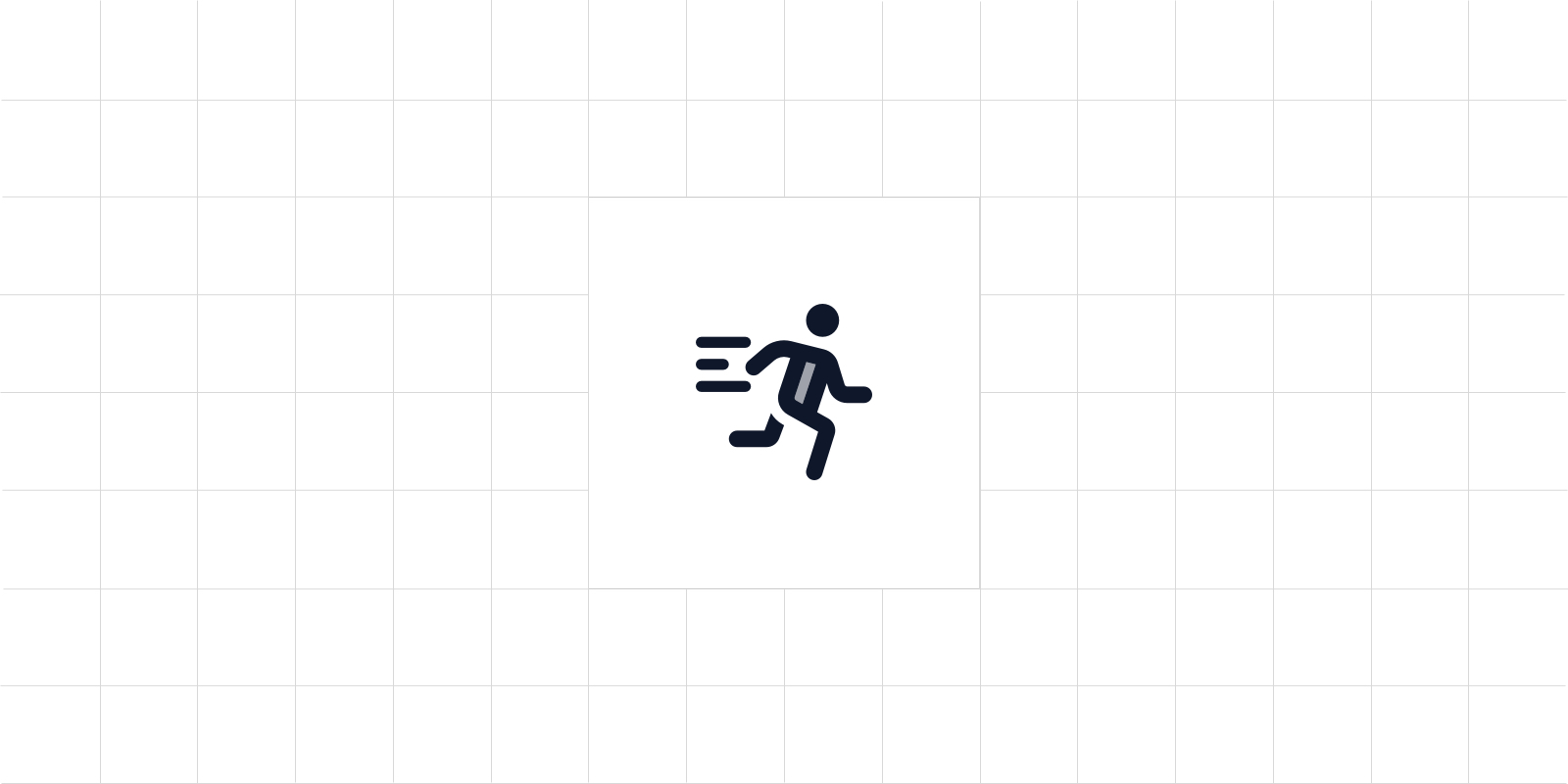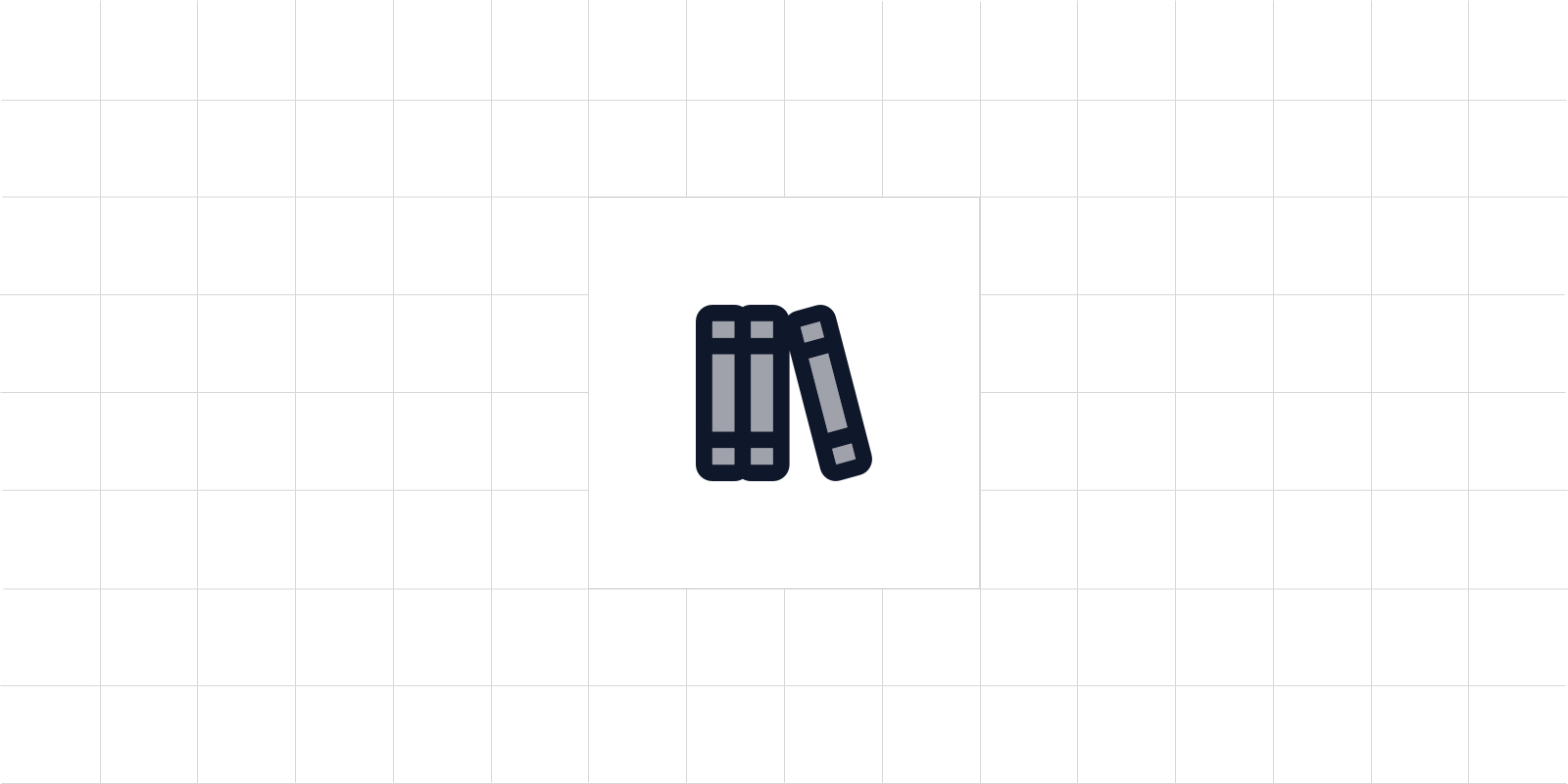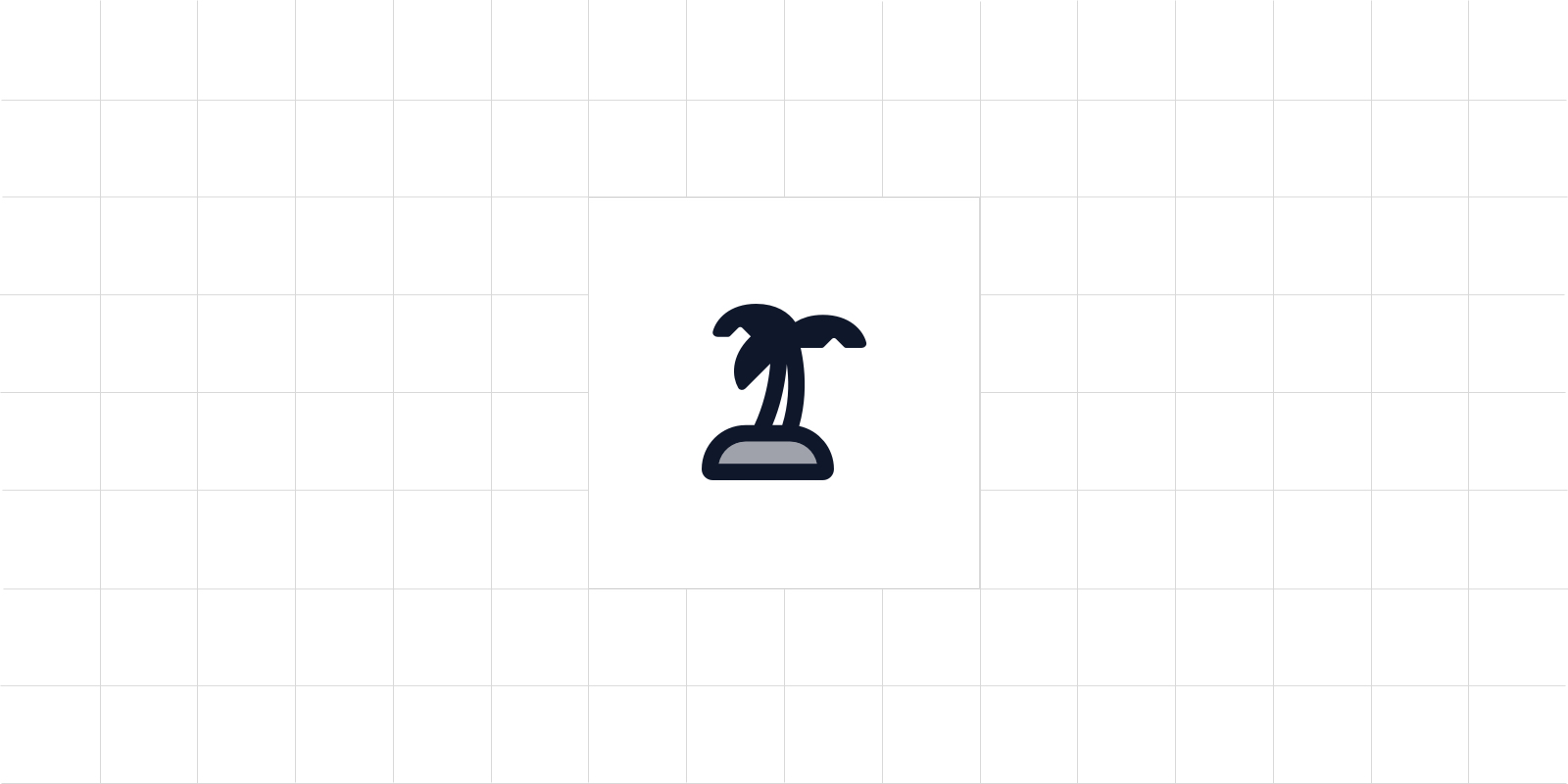W8: Improved Logging

Eric Hubbell
@eric-hubbell

With the import process done, we turned our attention to adding better observability over your demo deployments. Moving forward, developers should expect a much better logging experience with build and application streams.
Overview
This week we're excited to finally turn our attention to what happens during and after deployments. To date, we haven't talked about it much but container deployments on our servers a big part of our infrastructure.
From the outset, we knew selling repositories would require a work demonstration of what the actual code did. While other platforms require you to bring a working URL, we thought it'd be cool to offer that as part of our service. So, we built a pretty sophisticated demo / deployment workflow that's based on docker containers but hosted on our servers.
 A screenshot showing your deployment configuration
A screenshot showing your deployment configuration
Long story short, when submitting a repository to Playbooks you have the option to deploy your project onto our servers using the following strategies:
- Using a pre-configured template from the marketplace
- Manually entering your configuration
- Supplying your own
dockerfilefile - Or, supplying your own
docker-compose.ymlfile (this is stil in beta)
After editing your configuration, you can then deploy the project and trace the logs all in one place.
 A screenshot showing your deployment logs.
A screenshot showing your deployment logs.
For now, we've split your logs into the following tabs ['build', 'deploy', 'container'] and here's what they do:
Build
 A screenshot showing your build logs.
A screenshot showing your build logs.
Your build logs stream the various steps our demo servers go through when deploying a repository.
Deploy
 A screenshot showing your deploy logs.
A screenshot showing your deploy logs.
Your deploy logs stream the output that come from the commands you configured as part of your deployment.
Container
 A screenshot showing your container logs.
A screenshot showing your container logs.
Your container logs stream the output that come from the container after your application is running.
Shell
 A screenshot showing your shell logs.
A screenshot showing your shell logs.
Your shell logs stream the output that result from various commands you run from inside your container.
That's all for now
If you made it this far, thank you for taking the time to catch up on what's happening at Playbooks! To receive these updates in your inbox, simply create a account over on Playbooks. Or, feel free to follow along over on Twitter / X to receive updates there.
Related Articles
View
Changelog
W19: Performance updates
This week we're excited to introduce several performance improvements including resource-specific caching and N+1 query optimization.

Changelog
W18: Your All-New Library
We're excited to launch the all-new Library which lets developers curate and organize their Playbooks experience using bookmarks and collections.

Changelog
W17: Vacation Time
Our team took a well-needed break from the computer this week getting some rest and relaxation. We hope you had a great week and look forward to getting after it next week Monday.